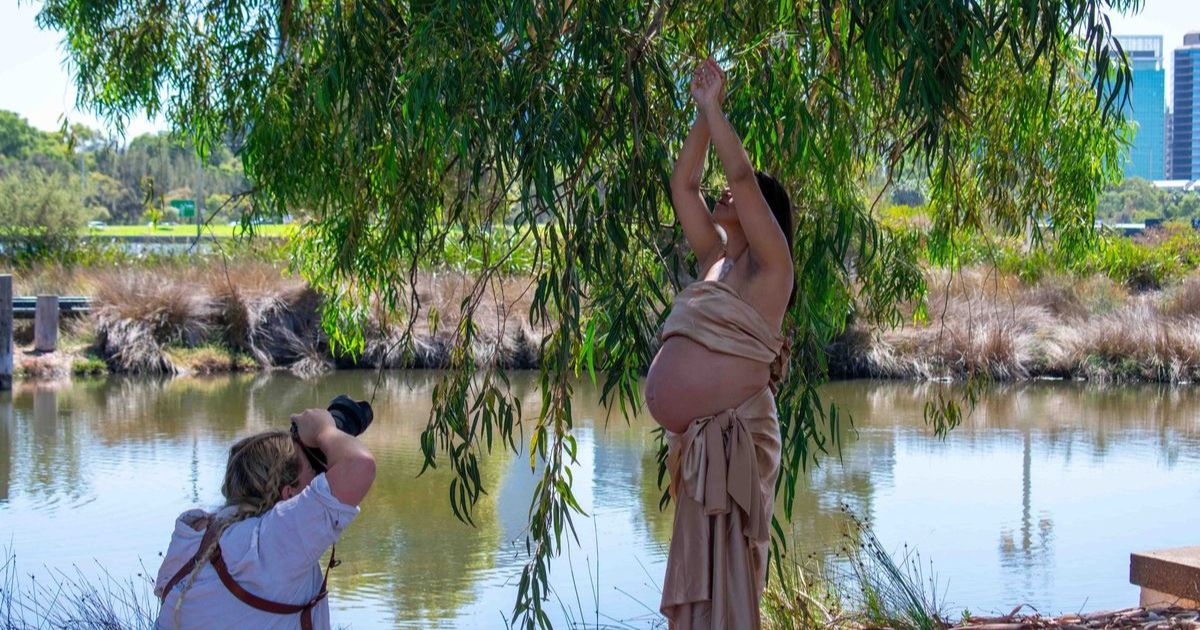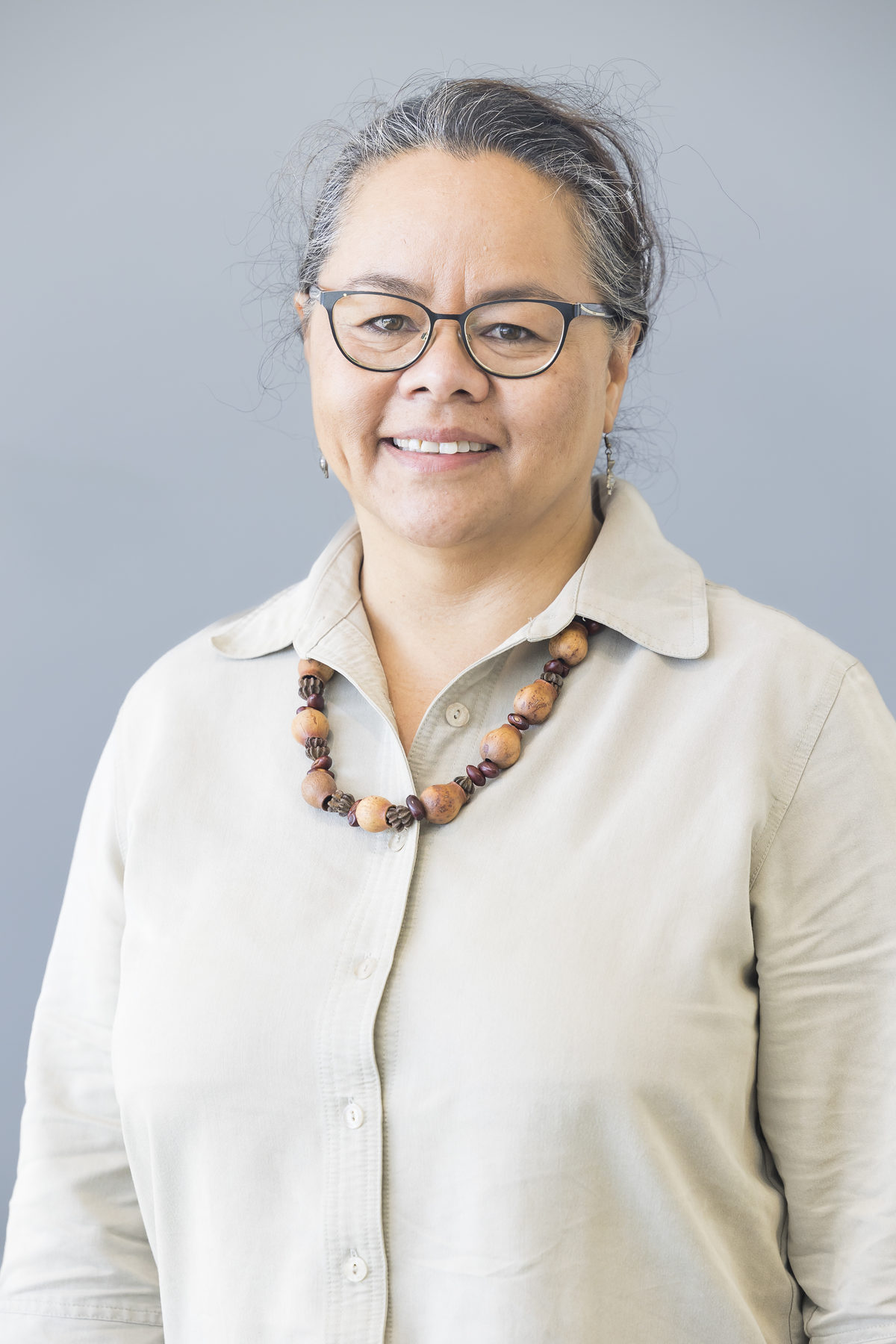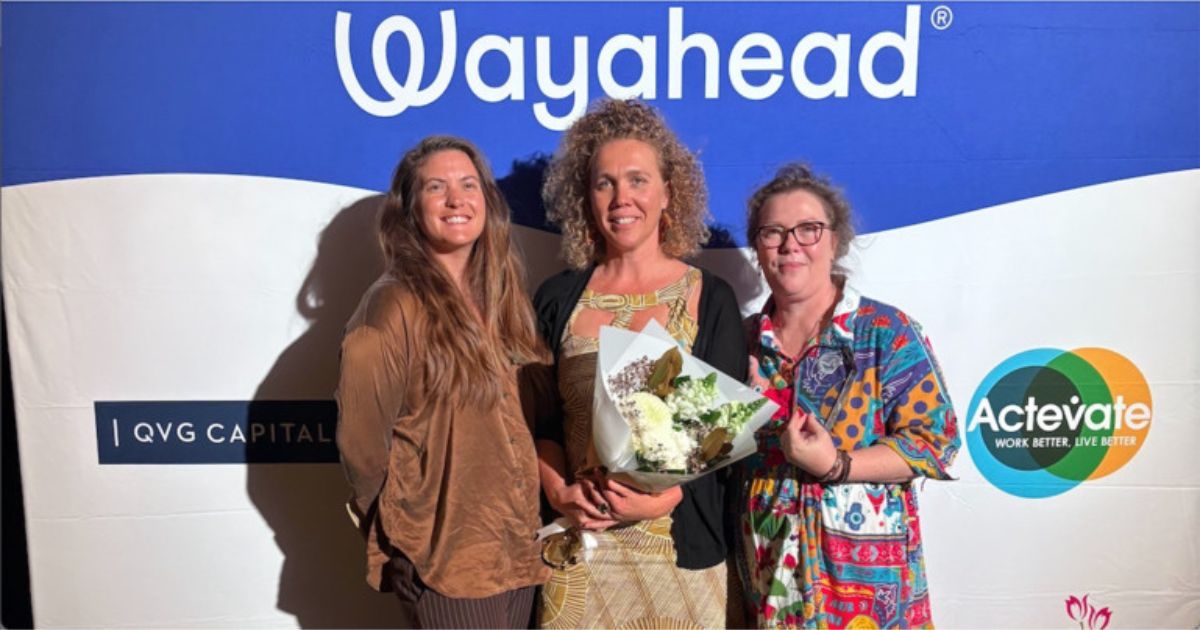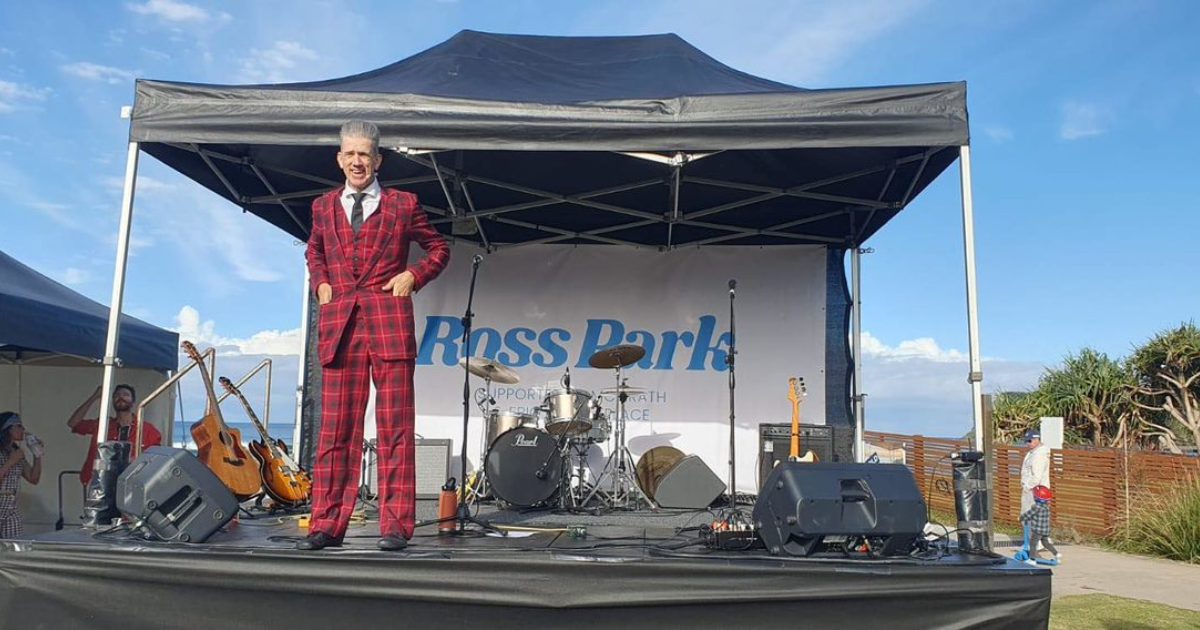Funding supports cervical cancer screening in First Nations women

The National Aboriginal Community Controlled Health Organisation is partnering with Southern Cross University for its cervical screening program. Photo: SUPPLIED.
SOUTHERN Cross University will lead a $2.5 million national project to improve cervical screening for First Nations women during pregnancy and postpartum.
The SISTASCREEN project is funded over three years by the federal government and a Cancer Australia research grant.
It aims to address disparities in cervical cancer incidence and mortality, as well as lower screening rates among First Nations women.
The Bullinah Aboriginal Health Service will be the first group to come on board as a testing site.
The project will be led by Dr Marilyn Clarke, an obstetrician and gynaecologist with 20 years’ experience, as part of SCU’s Faculty of Health.
“It aims to increase cervical screening rates by offering the test during routine antenatal checkups,” Dr Clarke said.
“Antenatal visits at local Aboriginal community-controlled health services are an opportunistic time to engage First Nations women in cervical screening in a way which ensures cultural safety.”

The project team has set a goal for SISTASCREEN to expand nationally across 50 sites within three years.
The program follows two other SCU initiatives aiming to improve the health outcomes of Indigenous women.
SISTABIRTH supports mothers and babies, while iSISTAQUIT focuses on phasing out smoking and vaping.
The National Aboriginal Community Controlled Health Organisation is a partner in the project, with chief executive Pat Turner welcoming the rollout.
“For too long, our women have faced barriers to lifesaving screening and care, barriers rooted in systems that weren’t designed for us, by us,” she said.
“SISTASCREEN is about more than closing a gap in statistics.
“It’s about putting Aboriginal and Torres Strait Islander women at the centre of solutions, embedding screening and care within our own health services.”


















